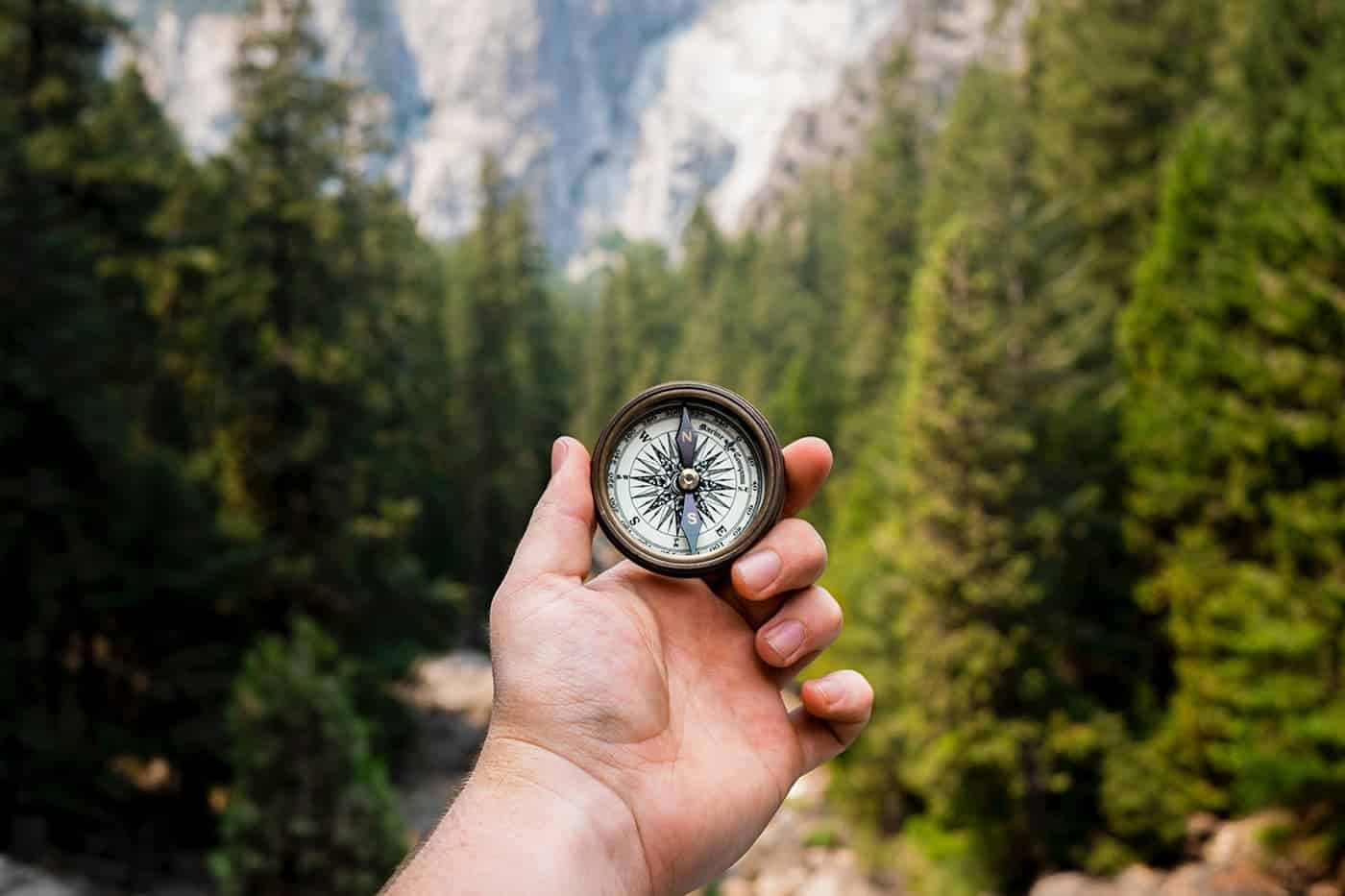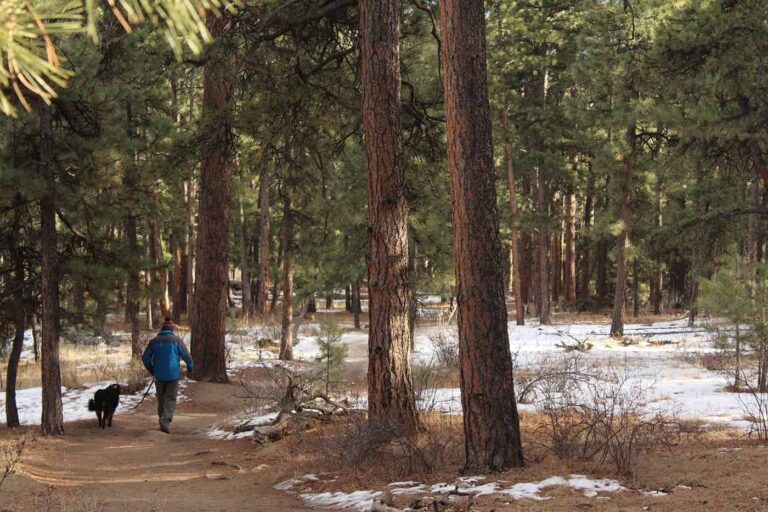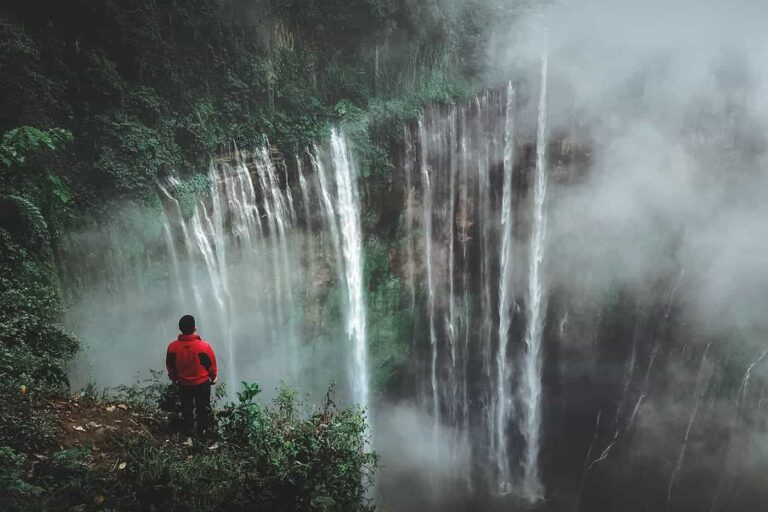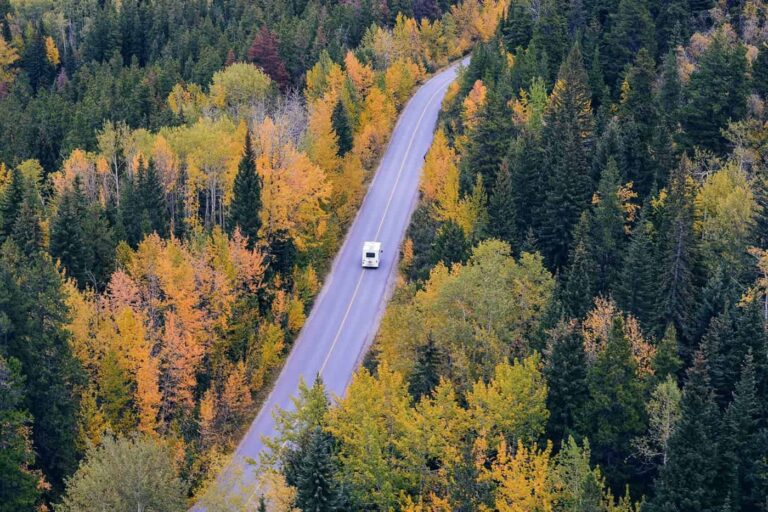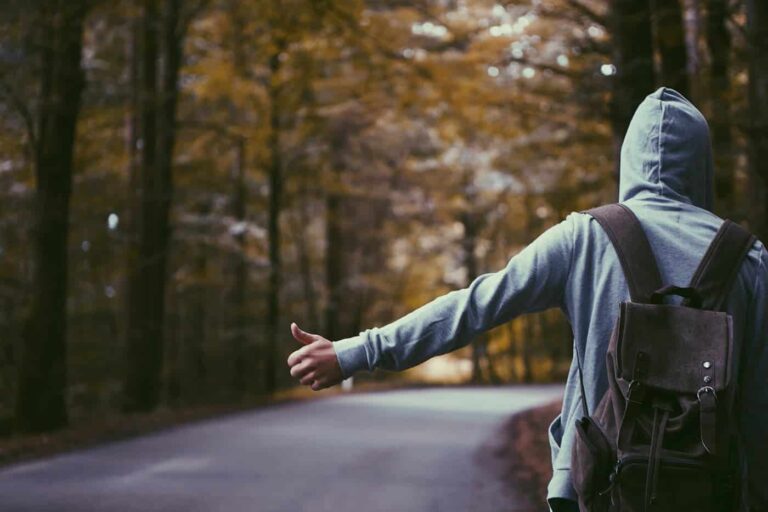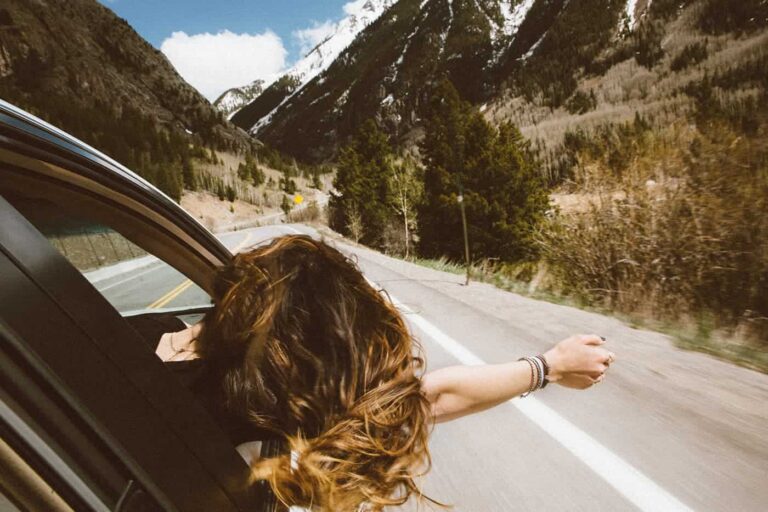Tips & tricks for the first time camper
Camping for the first time can be an exhilarating experience, offering a blend of nature’s tranquility and adventure. Whether you’re heading to the mountains, forests, or a lakeside campground, preparation is key to ensure you enjoy your time outdoors. Here’s a handy guide packed with tips and tricks to help first-time campers make the most of their adventure.
1. Choose the Right Campsite
The first step in camping is selecting a campsite that aligns with your comfort and experience level. As a beginner, consider a site that’s not too far from civilization. National parks or local campgrounds with basic facilities like restrooms, running water, and fire pits are excellent choices. Check if the site allows vehicle access or if you’ll need to hike to reach it. Campsites closer to home or with easy access will help you feel more secure on your first trip.
2. Pack the Essentials
It’s tempting to bring everything you think you’ll need, but smart packing can make your experience more enjoyable. Stick to the essentials:
- Tent: Ensure you have a tent that’s the right size and easy to set up. Practice pitching it at home before you go.
- Sleeping bag and pad: Choose a sleeping bag rated for the temperatures you’ll encounter, and don’t forget a sleeping pad or inflatable mattress for added comfort.
- Cooking gear: Bring lightweight cookware, a portable stove, and basic utensils. Pre-prep some meals to make things easier on-site.
- Lighting: Headlamps and lanterns are crucial for nighttime visibility. Always bring extra batteries.
- Clothing: Pack layers to adjust to changing temperatures and bring sturdy, comfortable footwear. Always have a rain jacket and hat on hand.
3. Prepare for Weather Conditions
Weather can be unpredictable, so it’s important to be prepared. Before heading out, check the weather forecast and plan accordingly. In case of rain, pack waterproof bags for your gear and a tarp to set up over your tent. On hot days, sunscreen, a hat, and plenty of water will keep you comfortable. Always pack more warm layers than you think you’ll need, especially for nighttime, as temperatures often drop.
4. Test Your Gear
Before heading into the wilderness, take the time to test all your gear at home. Pitch your tent, fire up your stove, and make sure your sleeping bag and mat are comfortable. If you’re unsure how to use certain equipment, it’s much easier to learn in the comfort of your backyard than at the campsite.
5. Learn Basic Camping Skills
While modern camping can be relatively easy, there are a few skills that can improve your experience. Learn how to:
- Start a campfire: If your campsite allows fires, gather dry kindling and small sticks to start your fire, and always carry matches or a lighter in a waterproof container. Practice fire safety by keeping your fire small and never leaving it unattended.
- Read a map and use a compass: GPS can be unreliable in the wild, so knowing how to navigate using a map and compass is crucial if you’re venturing off the beaten path.
- Follow Leave No Trace principles: These guidelines ensure that you leave nature as you found it. Pack out all your trash, avoid disturbing wildlife, and leave natural objects like rocks and plants where they are.
6. Keep Meals Simple
When camping, it’s best to keep meals simple but satisfying. Pre-plan your menu with easy-to-make meals like sandwiches, canned beans, pasta, or grilled sausages. Pre-cut vegetables and portion out ingredients for one-pot meals to minimize prep time at camp. Also, don’t forget snacks like trail mix, granola bars, and fruit for energy boosts during hikes.
7. Stay Safe and Be Prepared
Safety is a top priority while camping. Pack a first aid kit with bandages, antiseptics, tweezers, and pain relievers. Bring insect repellent and check for ticks daily if you’re in wooded areas. Also, make sure someone knows your camping plans and expected return time. Lastly, familiarize yourself with the area’s wildlife and learn how to handle encounters, especially with bears or snakes.
Conclusion
Your first camping trip should be about enjoying the outdoors and making lasting memories. By choosing the right campsite, packing thoughtfully, learning basic skills, and staying safe, you’ll set yourself up for a successful and fun adventure. So, get out there, explore nature, and savor the simplicity of life under the stars!

